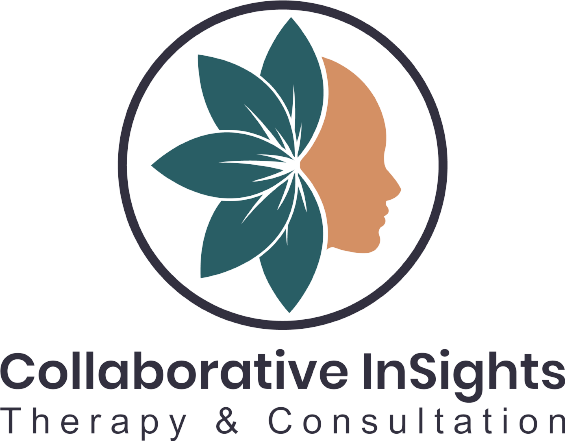Recently while exploring the autumn forest, I was observing the various acorns and seeds that were falling from the trees above me. Alone and in my thoughts, I started playing a game… how many seeds can I observe that have fallen at all different life stages? It started as a prompt to be mindful which then grew deeper as I walked on and on…
And then a big question came to mind, “how do we cope with change that we weren’t ready for?” I thought of trauma, which can leave us with the everlasting changes that feel outside of our control.
Step one: you don’t cope. For a moment, let’s just put the idea of having to recover and be resilient to the side. Going through a traumatic experience and having to grieve the changes that we are experiencing is no easy task. It looks messy, it’s not comfortable, and you maybe in your own personal hell of an emotional abyss. Or maybe, you’re numb and in a state of dissociation because it feels safer to be there than grounded in your current reality. Let’s just normalize all of that because change isn’t always that admirable growth that everyone’s talking about.
Step two: acknowledge loss. Accepting or even thinking about accepting your current reality, post trauma, means that there will be a lot of “before X happened, I used to be so happy, carefree, etc, etc.”… that’s grief! There are parts of you that may feel lost or gone. There are even physical sensations and elements of your environment that may have been lost. Loss due to trauma means that we must learn to move forward with what has happened, even if we don’t agree. We can’t change the past, we can’t even change what happened in the last minute. The more we acknowledge our losses, we may find ourselves opening more space to be in the present moment and observe our current realities.
Step three: figure out your triggers and learn to cope. Remember what I said about not coping? Well that only lasts for so long – I’m not putting a timeline on it but I know we all get to that point when we have that personal conversation of… “I need to cut the shit”. This is going to take some steps! Developing mindful awareness of triggers takes time, but you have to know what you are coping with which includes the sensory, physical, emotional and thought based triggers that remind you of the trauma. This is where working with a trained trauma therapist and professional comes in! There are a host of coping skills that can be tailored towards your specific triggers, it’s not a one size fit all method. I suggest developing two types of coping skills: containment and expressive skills. Containment skills are grounding skills that help reduce the discomfort and intensity of emotions relating to the past. Expressive skills can be somatic, releasing energy, even setting boundaries, or learning to express your thoughts and feelings.
Step four: build support. Remember the 7 billion other people in the world? I know, none of them have been through what you have. Even if they haven’t gone through exactly what you have been through, maybe you can find just a few who sort of and kind of get it! We are not meant to thrive in isolation. As social beings we crave support, validation, comfort and care. Building and being in a community of those who offer you space to be you (even on your non coping days) is healing to some of the changes we weren’t ready to deal with. They’ll be there to listen to you, share their experiences, and even offer you insight on how to work through that emotional abyss. And some of the best ones sit with us in that personal hell until we’re ready to leave.
Step five: take breaks, repeat. You’ve probably heard the message “healing isn’t linear” and I agree. I’ll add, sometimes it feels like there’s a hard stop on any recovery journey. It’s okay to take breaks from working on yourself, bettering your habits and skills, and trying to become a better version of yourself. Especially when accepting changes that feel outside of your control, there may be some moments that feel like a mental health relapse or you may experience re-triggering times that require a full, hard, stop. I encourage you to take that space and work with a mental health professional who acknowledges that taking breaks and time between recovery goals is time for healing as well. You’ll never unlearn your coping skills, when you’re ready to use them again they’ll be waiting.
Ask yourself, how are you coping for change that you weren’t ready for?
Shikha Patel is a Licensed Clinical Social Worker, Trauma Therapist and Founder of Collaborative InSights. She offers virtual therapy in NJ and NC and offers in-person Ecotherapy sessions in Charlotte, NC.


